Kidney Stones: Understanding Causes, Symptoms, and Effective Management
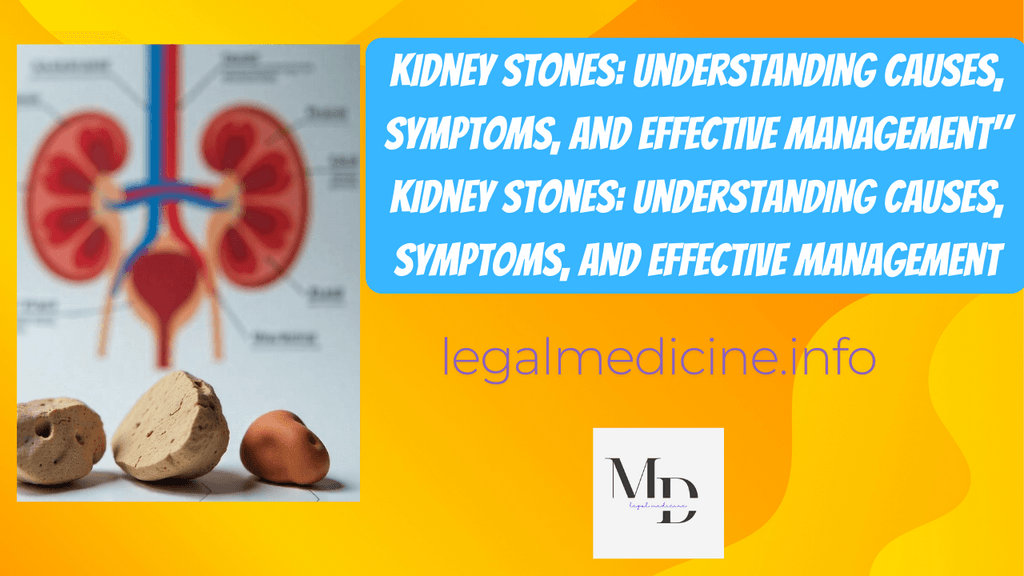
Introduction
Kidney stones, also known as urolithiasis, are solid masses that form in the kidneys due to the accumulation of minerals and salts. This condition is prevalent in many regions worldwide. For instance, in the UK, about 1.2% of the population is affected, with men facing a lifetime risk of approximately 7% by the age of 60 to 70. In regions like Saudi Arabia, the risk can be as high as 20%. Understanding the causes, symptoms, and management of kidney stones is crucial for preventing complications and maintaining good kidney health.
Pathophysiology of Kidney Stones
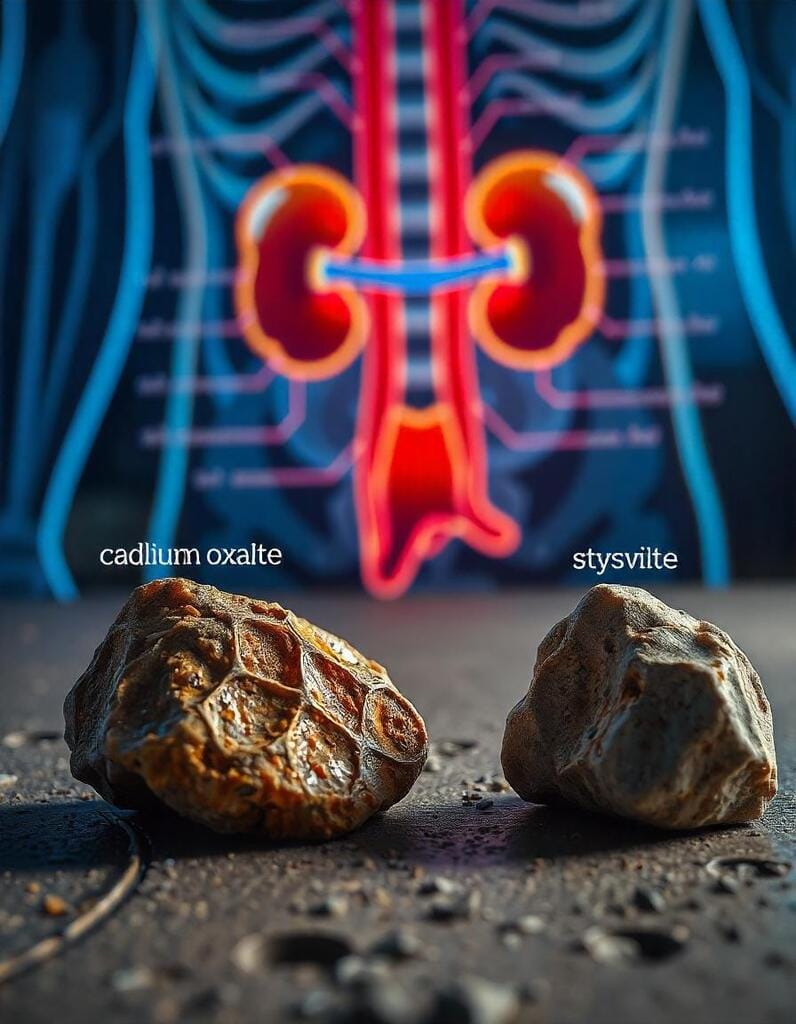
Renal Stones stones develop when crystals form and accumulate in the urinary tract. They consist of different minerals and salts, classified into various types:
- Calcium Oxalate (60%): The most common type, frequently linked to dietary habits and metabolic issues.
- Calcium Phosphate (15%): Often associated with urinary tract infections (UTIs).
- Uric Acid (10%): Linked to conditions such as gout and metabolic disorders.
- Struvite (15%): Commonly formed due to infections in the urinary system.
- Cystine (1%): A rare type caused by a genetic disorder.
Given these different types, identifying the specific cause of kidney stones is essential for treatment and prevention.
Risk Factors Associated with Stone Formation
Several factors can predispose individuals to kidney stone formation, including:
Genetic Predisposition: A family history of kidney stones increases the risk.
Diseases: Conditions like hyperparathyroidism and nephrocalcinosis contribute to the likelihood of stones forming.
Environmental Factors: High temperatures and low fluid intake can lead to lower urine volume, promoting stone development.
Anatomical Abnormalities: Ureteric strictures or structural anomalies like a horseshoe kidney can increase susceptibility.
By understanding these risk factors, individuals can take proactive steps to minimize their risk.
Clinical Features of Kidney Stones
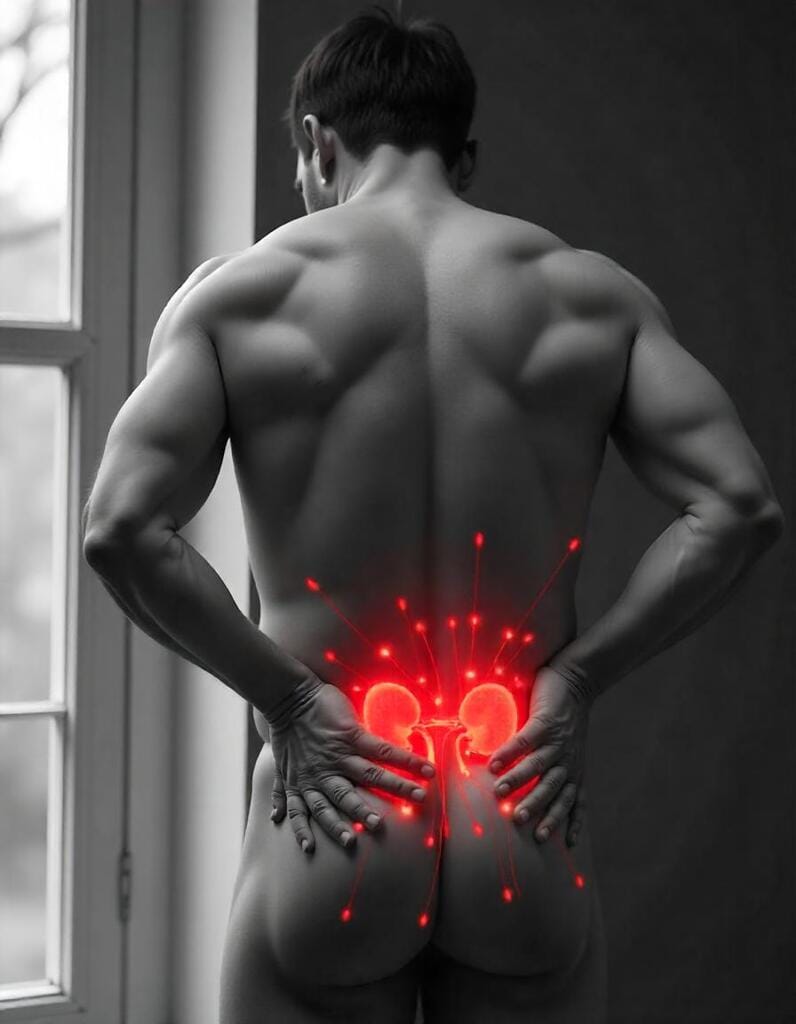
The symptoms of kidney stones can vary significantly among individuals, with some people remaining asymptomatic while others experience severe discomfort. However, there are common signs to watch for:
- Renal Colic: This intense pain, often described as one of the most severe forms of discomfort, starts in the lower back and radiates toward the groin.
- Haematuria: Blood in the urine, which may be visible or only detectable through testing.
- Urinary Tract Infections (UTIs): Symptoms include a frequent urge to urinate, a burning sensation during urination, and cloudy urine.
Renal colic typically involves a sudden increase in pain intensity, accompanied by sweating and restlessness, as patients often cannot find a comfortable position.
Diagnosis and Investigations
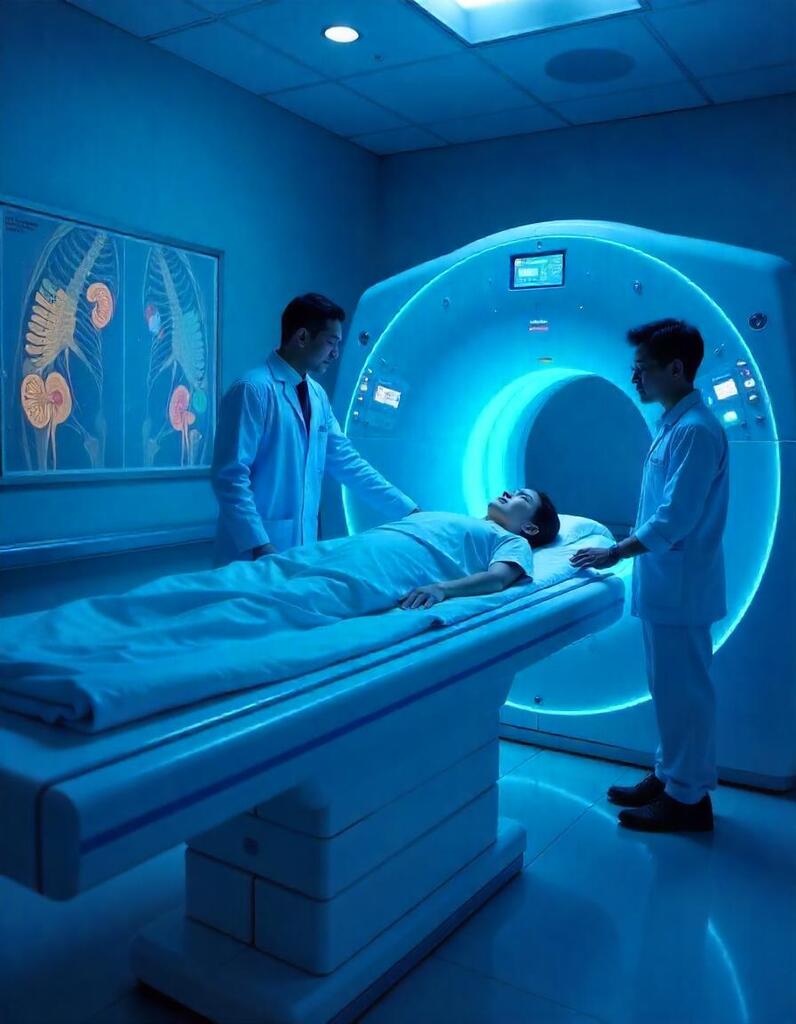
Accurate and timely diagnosis is crucial for managing kidney stones effectively and preventing complications. Diagnostic methods include:
1. Imaging Techniques
- Non-Contrast CT KUB: The gold standard for diagnosing kidney stones, offering nearly 99% visibility of stones.
- Ultrasound: Particularly useful for pregnant women to avoid radiation exposure while identifying stones.
2. Chemical Analysis
- Analyzing stones after they pass can help determine their composition, allowing for more targeted treatment and prevention strategies.
3. Further Investigations
- For recurrent stone formers or individuals with high-risk factors, additional investigations such as metabolic assessments and family history reviews are recommended.
These diagnostic methods help tailor the treatment approach to the individual’s specific needs.
Management of Kidney Stones
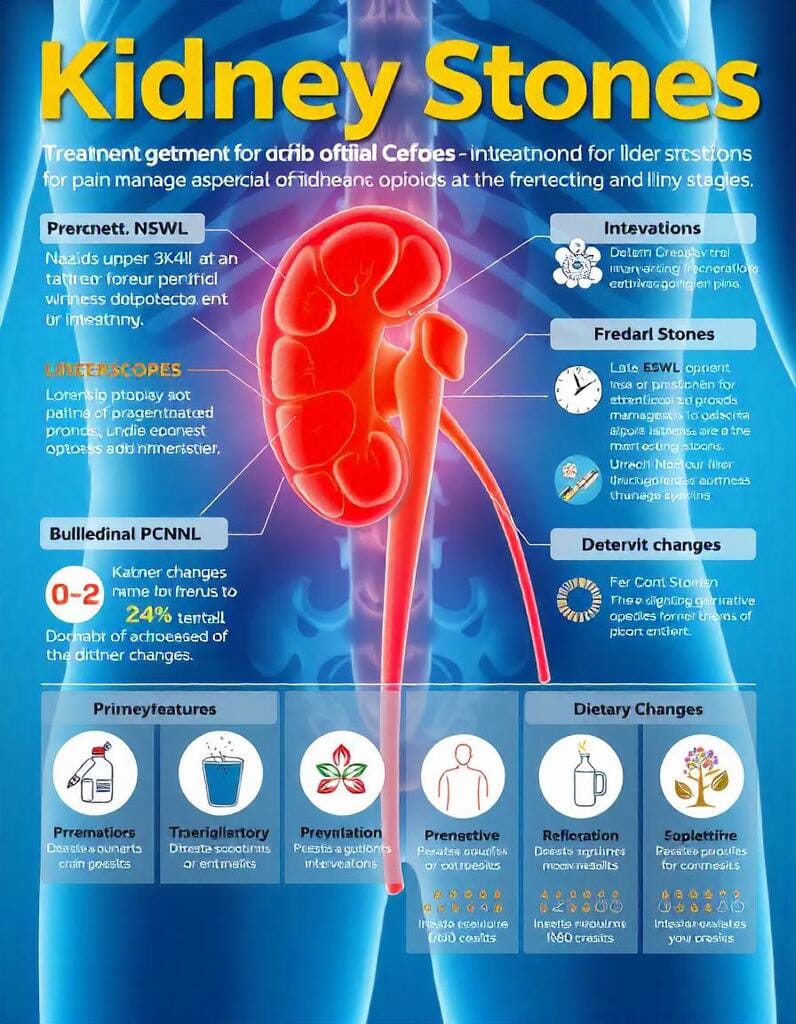
Treatment for kidney stones focuses on immediate relief from symptoms and preventing recurrence. Management strategies include:
Immediate Treatment
Pain Management
- Non-Steroidal Anti-Inflammatory Drugs (NSAIDs): Medications like diclofenac are the first choice for pain relief.
- Opioids: Used when NSAIDs are ineffective or contraindicated.
Antiemetics
- These are administered to relieve nausea and vomiting associated with severe pain.
Antibiotics
- If there is an infection associated with obstructed stones, antibiotics are necessary to manage the infection.
Surgical Interventions
For stones that cannot pass naturally, surgical procedures may be necessary:
- Extracorporeal Shock Wave Lithotripsy (ESWL): High-energy shock waves break down stones into smaller pieces for easier passage.
- Ureteroscopy: A minimally invasive procedure where a scope is inserted into the urinary tract to remove or break up stones using a laser.
- Percutaneous Nephrolithotomy (PCNL): A procedure used for larger or more complex stones.
These interventions are effective in removing stones and relieving symptoms when other methods are insufficient.
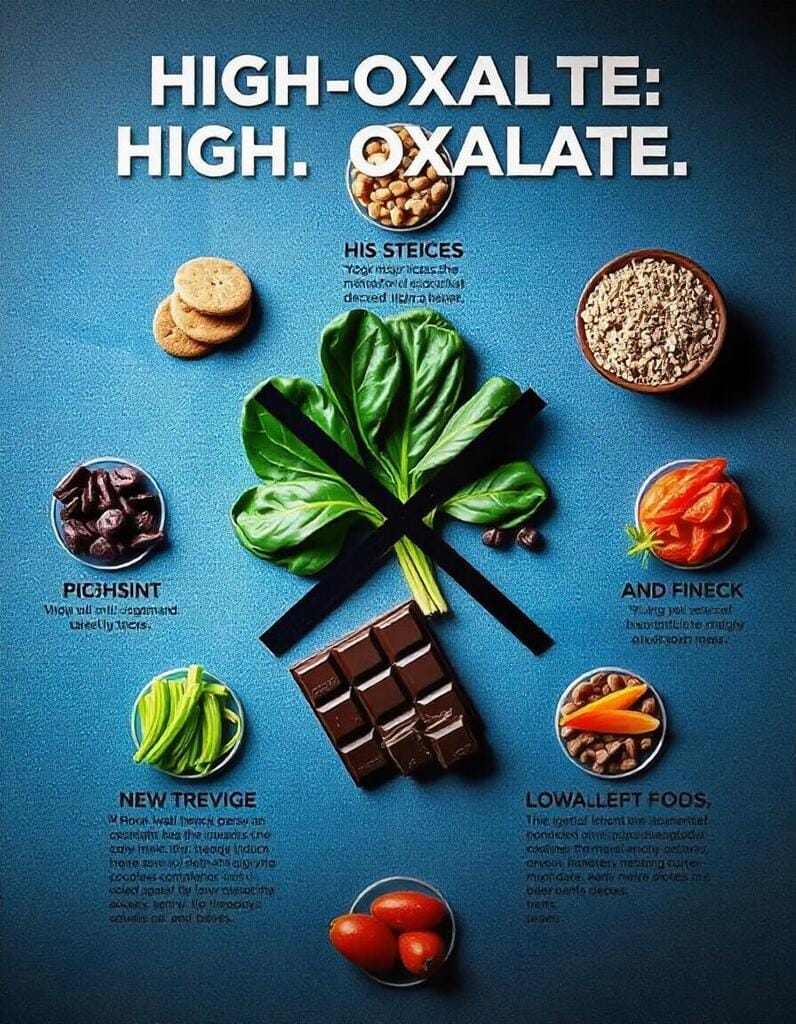
Preventive Measures
Preventing kidney stones involves long-term lifestyle changes and medical management:
Hydration: Drinking plenty of fluids is essential. Increased fluid intake dilutes urine, reducing the risk of stone formation.
Dietary Modifications: Reducing the intake of calcium and oxalate, avoiding high-sodium foods, and balancing protein intake can prevent future stones.
Medications: Specific medications may be prescribed depending on the type of stone. For instance, allopurinol is often used to manage uric acid levels in uric acid stone formers.
By implementing these measures, individuals can significantly lower their risk of recurrent stones.
Conclusion
Kidney stones are a common yet painful condition that can severely impact quality of life if not properly managed. Understanding the various types, causes, and symptoms is key to ensuring prompt diagnosis and effective treatment. Preventive strategies, such as staying hydrated and making appropriate dietary changes, play a significant role in reducing the likelihood of kidney stone formation. With proper management, individuals can reduce the risk of recurrence and maintain good kidney health.
Frequently Asked Questions (FAQs)
1. What are the common types of kidney stones?
The most common types include calcium oxalate, calcium phosphate, uric acid, struvite, and cystine stones.
2. How can I prevent kidney stones?
You can prevent kidney stones by increasing fluid intake, making dietary changes, and using medications if necessary to manage specific stone types.
3. What should I do if I suspect I have a kidney stone?
If you experience symptoms such as severe pain, hematuria, or difficulty urinating, seek medical attention promptly for diagnosis and treatment.
4. Are there dietary changes I can make to help with kidney stones?
Yes, reducing high-oxalate foods, limiting salt, and consuming more fluids are dietary changes that can help prevent kidney stones.
5. When is surgery necessary for kidney stones?
Surgery is needed for larger stones or those causing significant pain, obstruction, or complications such as infections or kidney damage.
